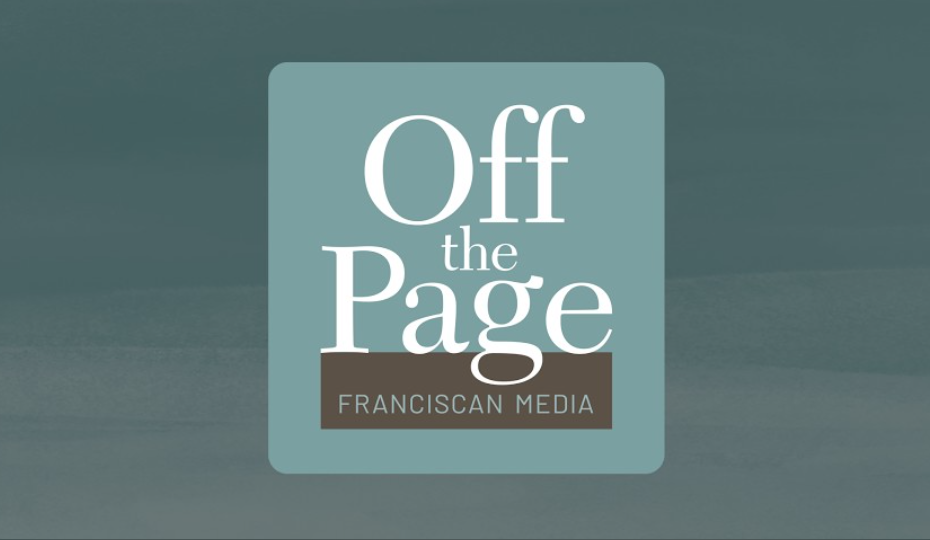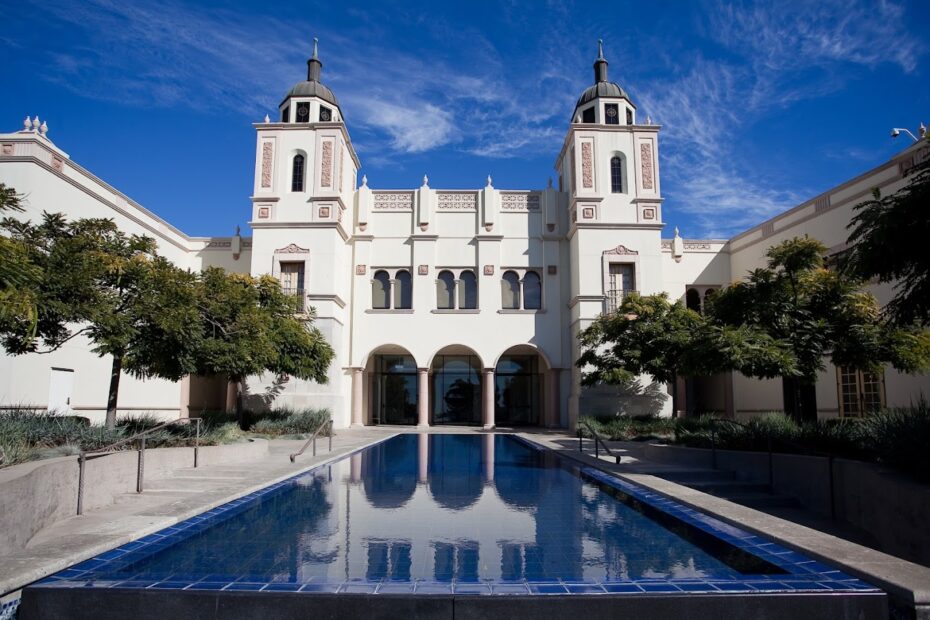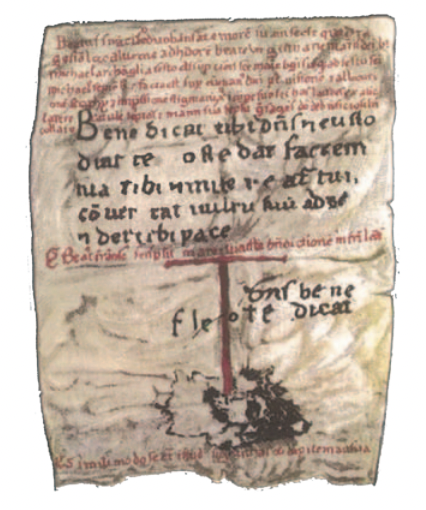CFP: “Life and Love Transfigured: Exploring New Horizons in the Franciscan Tradition”: A Conference to Mark the 800th Anniversary of the Death of St. Francis of Assisi
The conference will be held in Durham University, UK, and will have three main strands: (1) Franciscan theology and philosophy; (2) Franciscan history; and (3) Franciscan spirituality, aesthetics, and evangelism. The conference organizers welcome papers from researchers in fields including, but not limited to, Franciscan theology, Franciscan history, Franciscan science,… Continue Reading CFP: “Life and Love Transfigured: Exploring New Horizons in the Franciscan Tradition”: A Conference to Mark the 800th Anniversary of the Death of St. Francis of Assisi



